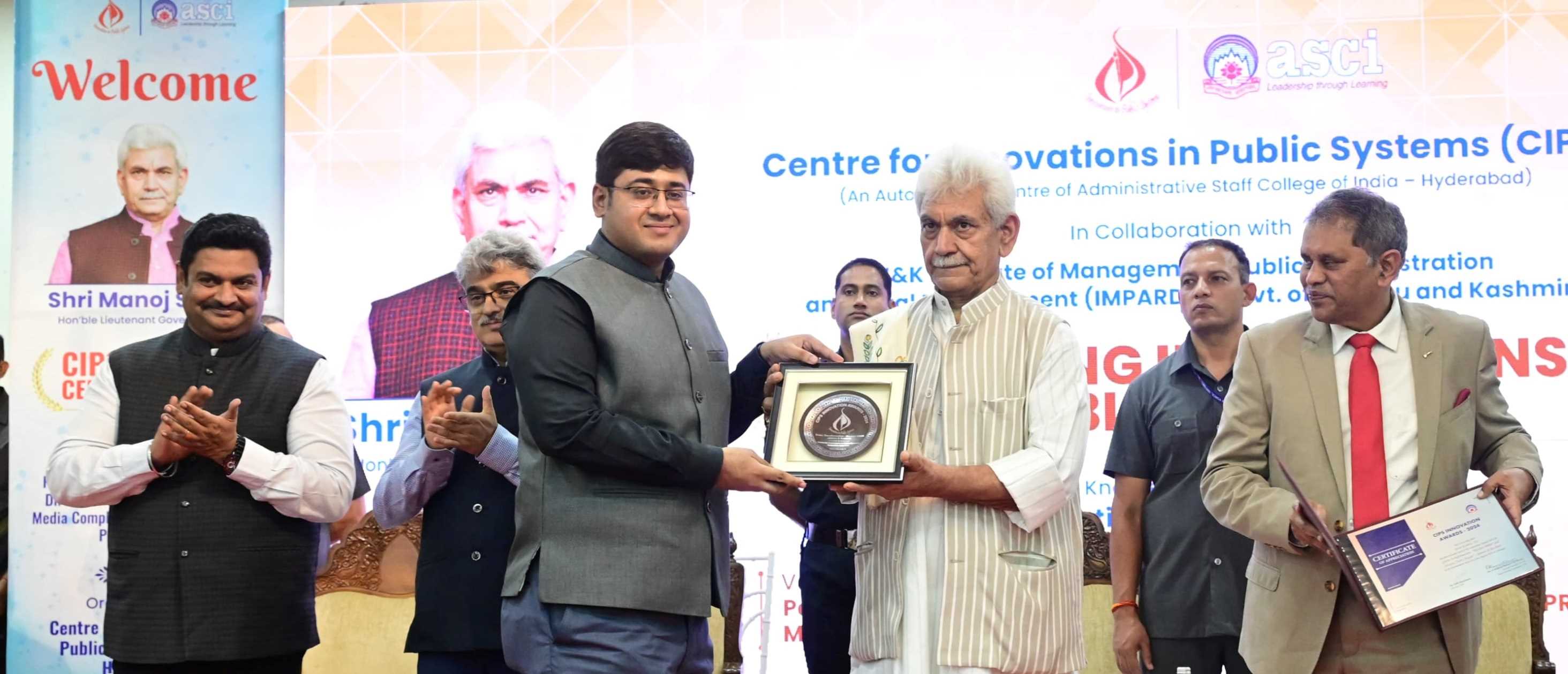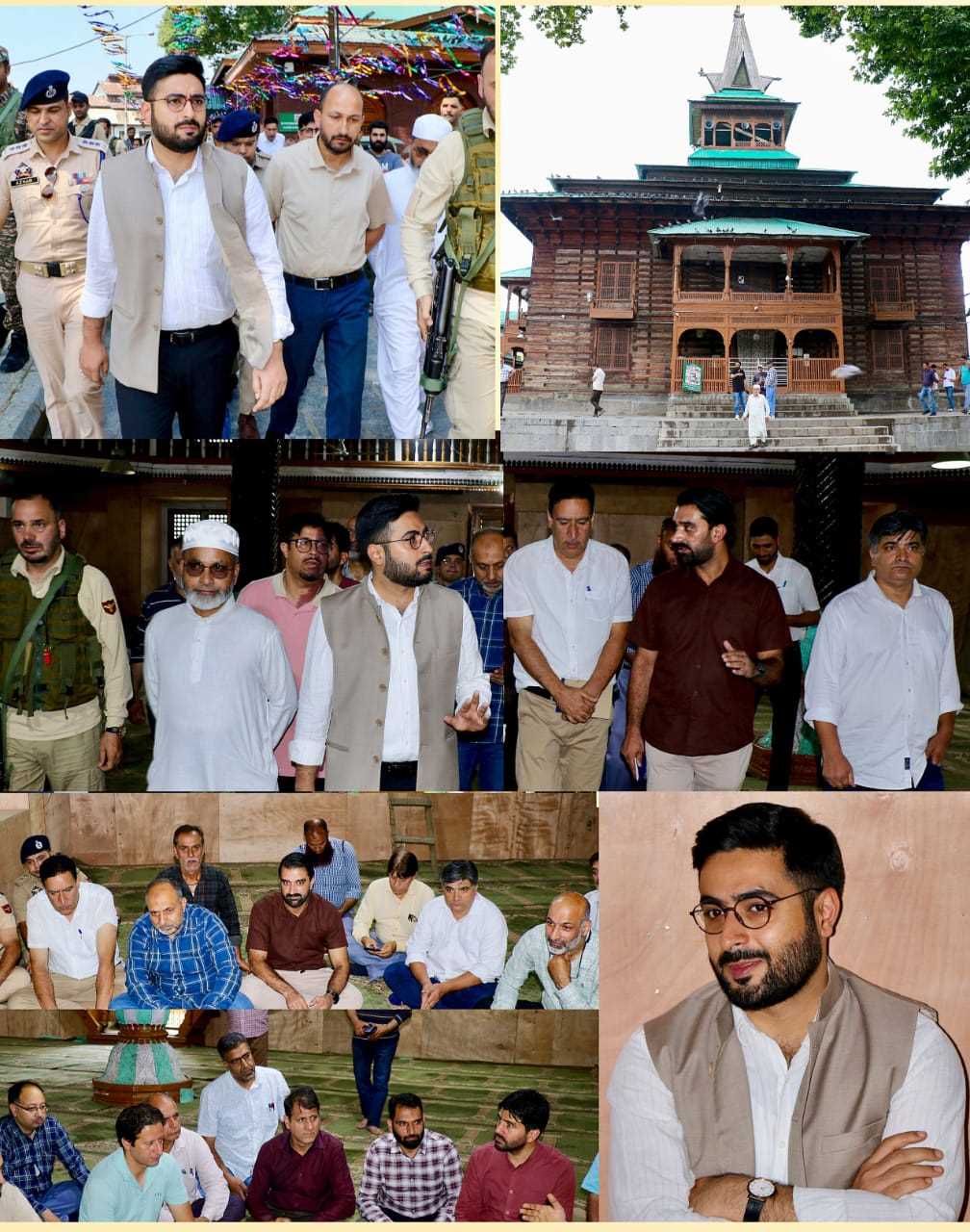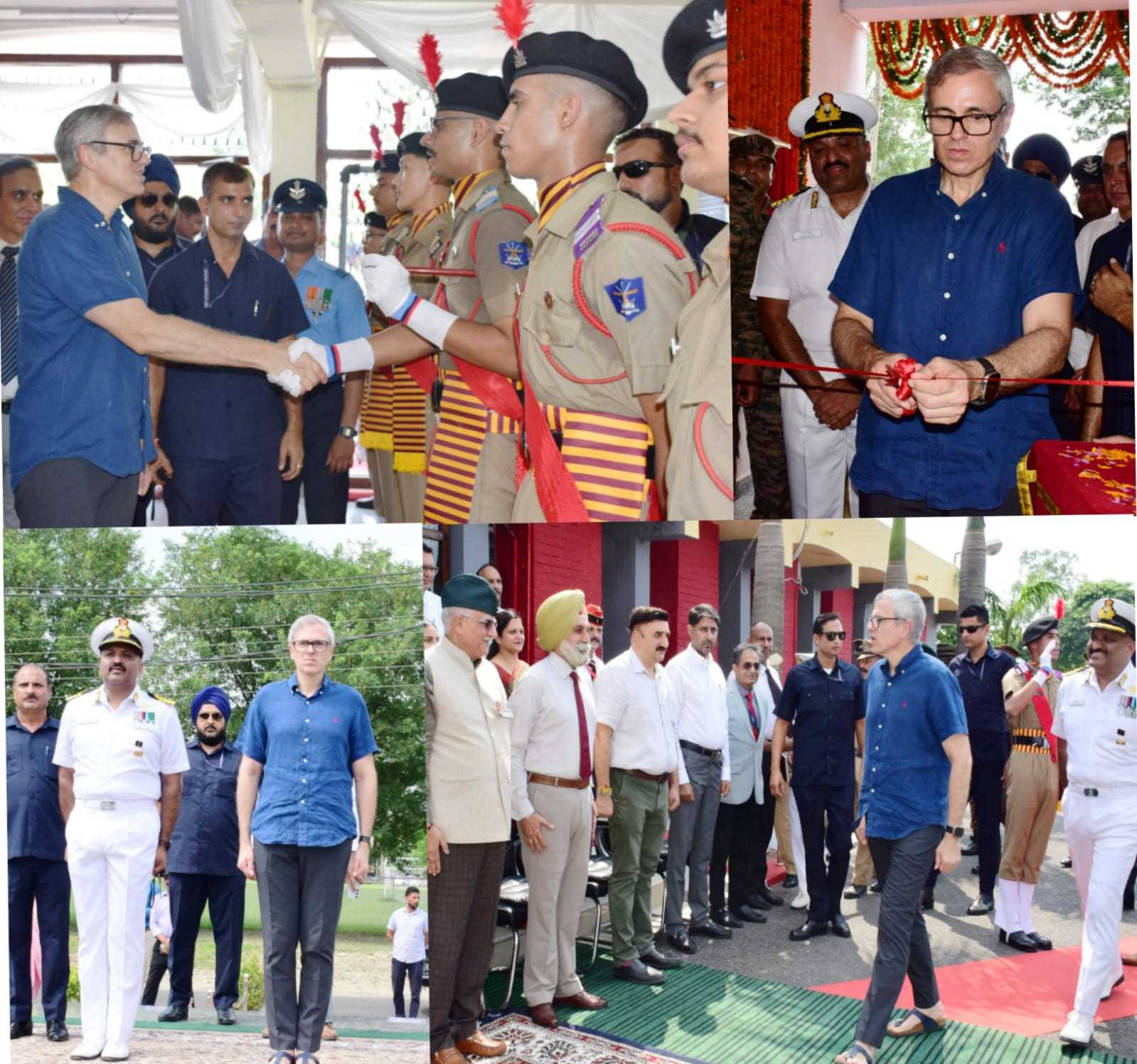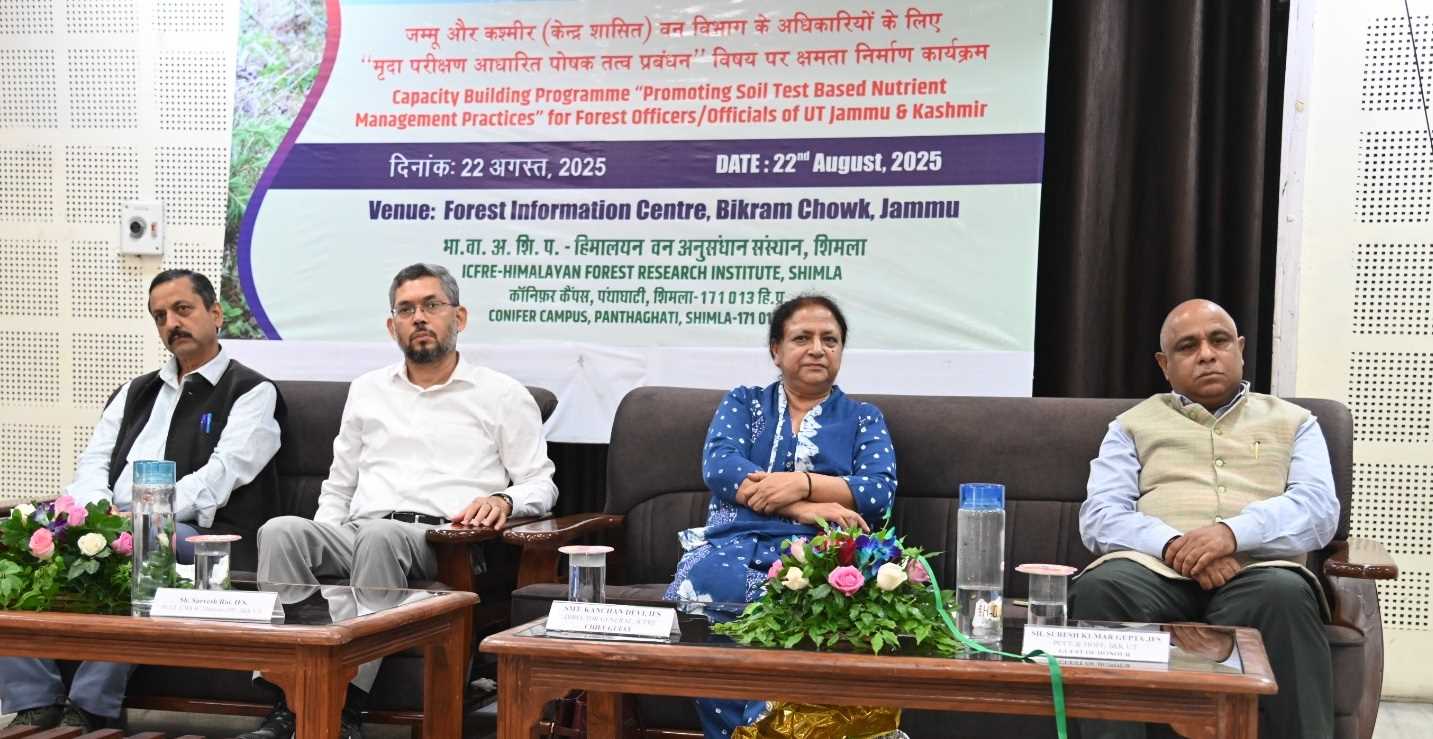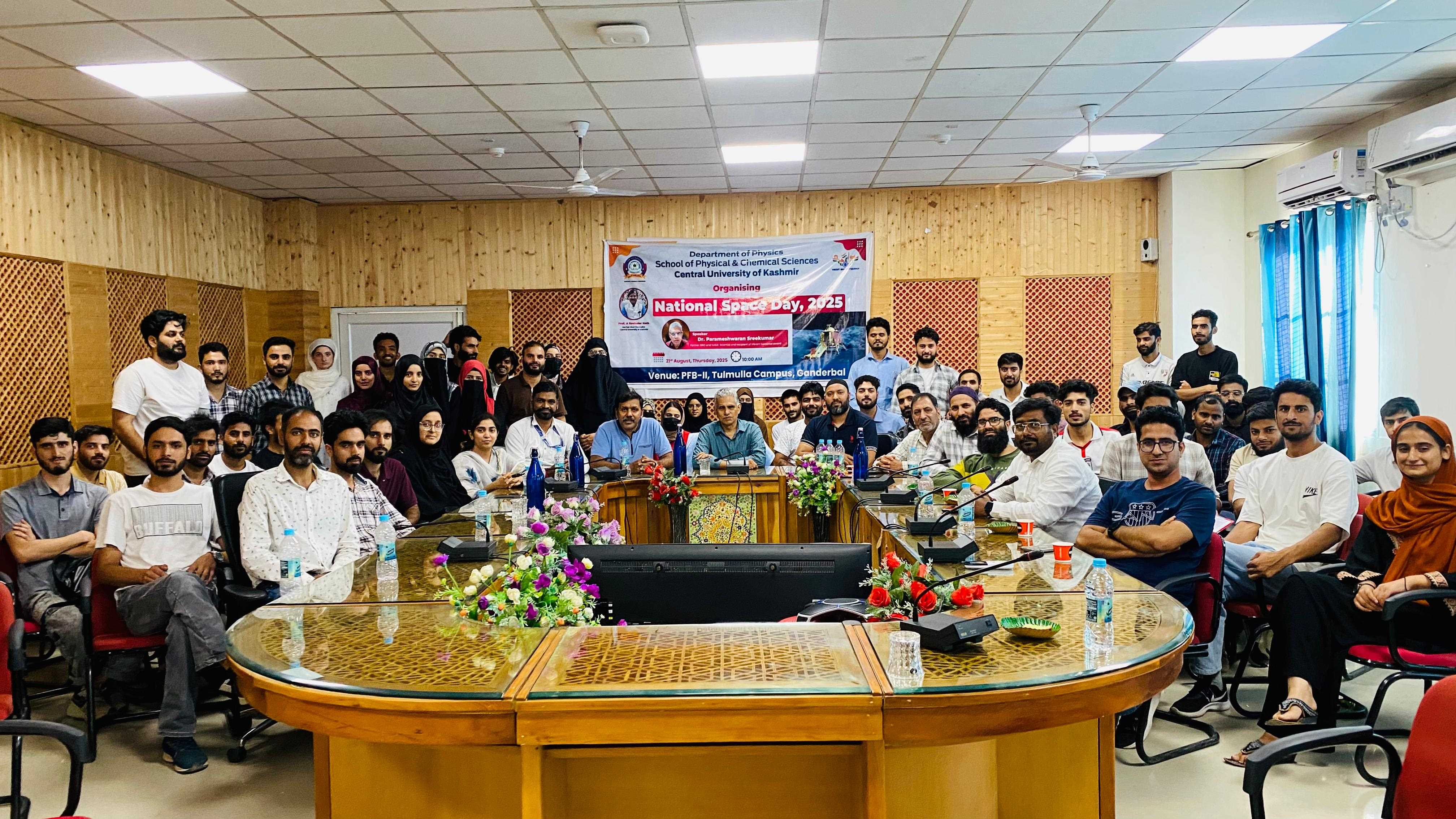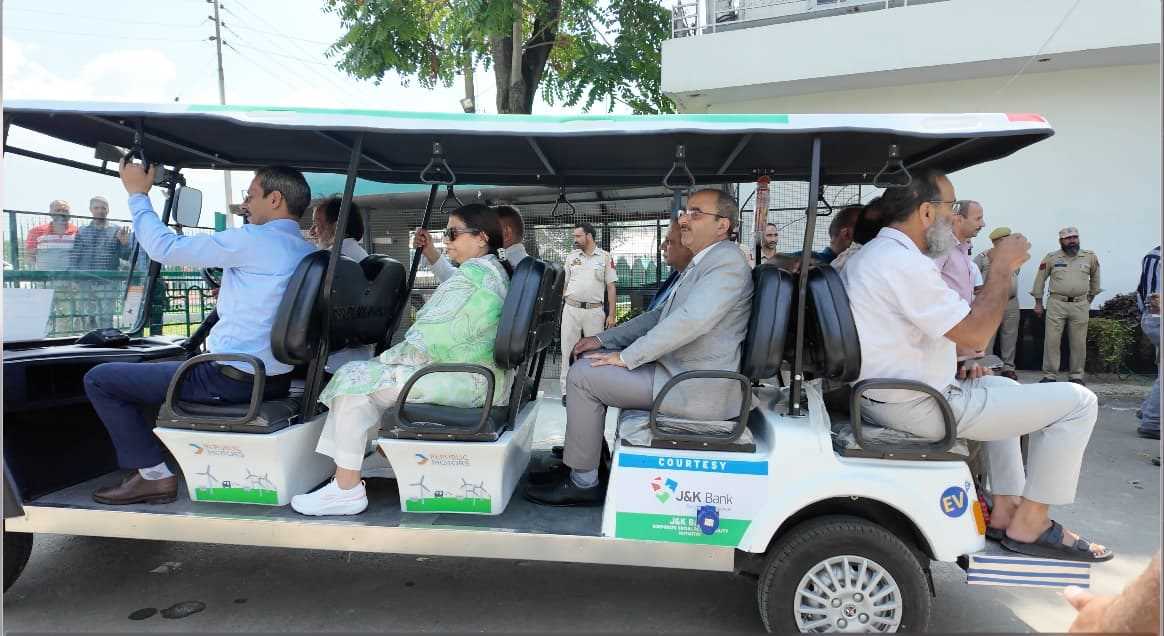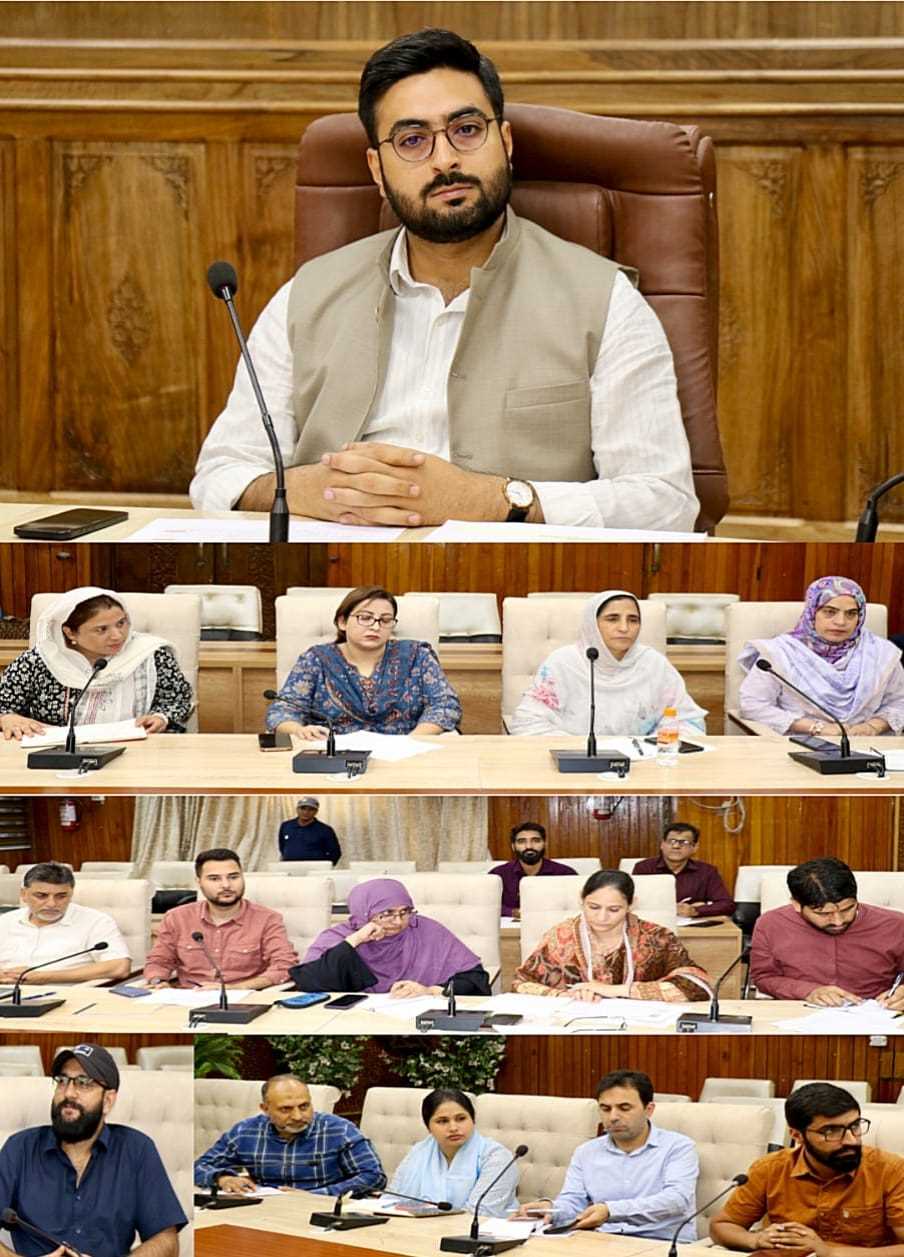Kashmir bleeds once again, but this time the blood was not spilled by a militant’s bullet or a soldier’s gun. It was spilled by a sister. A child in Ganderbal was struck down not by an enemy outside, but by the very hands that should have shielded her from all harm. This was not just murder — it was betrayal in its most brutal form, a rupture of trust so deep that no court verdict can repair it. What are we becoming, as families, as communities, as a people? How has rage grown so monstrous that it can snuff out the life of one’s own blood? A minor girl lies in her grave today, not because Kashmir is unsafe from outsiders, but because the home itself became the killing ground. This is not merely a crime scene in Sehpora. This is a mirror, and it is held up to each one of us.
The valley poured out its grief in late-night protests. Candles lit the streets, slogans pierced the dark sky. But candles will burn out and protests will disperse. What then? Will we fold this child into the long, tragic catalogue of Kashmir’s dead and move on as though nothing has shifted? Or will we dare to ask why our hearts have hardened to the point where sisterhood itself can collapse under the weight of anger? The details are chilling: an argument, a rod, a blow, a fabricated tale of abduction, the rod buried in the soil until conscience or evidence, forced a confession. Imagine, for a moment, the little girl’s last breath, her confusion as the person she trusted most became her executioner. That image should haunt us. It should torment us. And if it doesn’t, then something far greater than one child has died in Kashmir.
And yet, in the same valley, we have children who embody hope. Only recently, a Kashmiri girl barely ten years old memorized the entire Qur’an: a feat that takes discipline, love, and spiritual devotion. That is the power of nurturing, of building a home filled with patience, prayer, and encouragement. In one household, a child is rising with the Qur’an in her heart. In another, a child is laid into the soil by the violence of her own sister. What explains this contrast? It is not destiny, it is upbringing. It is the values we plant, the patience we teach, the love we model.
Islam leaves no ambiguity here. The Qur’an declares that to kill one soul unjustly is to kill all of humanity. The Prophet Muhammad PBUH warned us that the cries of children reach the throne of Allah faster than any other. Tell me, then, what excuse will we place before Allah for such crime? What fig leaf will cover the shame of a valley that allowed rage and jealousy to outweigh mercy and compassion? We pride ourselves on being the land of Sufis, the soil that produced saints who spoke only of love, patience, and restraint. What would Sheikh Hamzah Makhdum say today if he saw this valley where one home is raising a Hafiza of the Qur’an while another home buries a child slain by her own sister? This is not just contradiction, it is a crisis.
The Chief Minister has condemned, the religious leaders have mourned, and the police have arrested. But let us be clear: justice is not done when a murderer is locked away. Justice is done only when the soil that produced such rage is healed, when no family in Kashmir has to light a candle for another child slaughtered in silence.
We must dare to ask the uncomfortable questions. Are we raising our children only on academic competition, pressure, and unchecked tempers? Or are we instilling in them the values of Sabr (patience), Rahmah (mercy), and ihsan (excellence in character)? Are our homes nurseries of peace, or breeding grounds of rage? The girl who memorized the Qur’an at ten is proof of what guidance and compassion can achieve. The girl murdered in Ganderbal is proof of what happens when those foundations crumble. The choice between the two futures is ours. The murder in Sehpora must not become another forgotten tragedy in a place too used to grief. It must ignite a reckoning. With our tempers, with our parenting, with our hypocrisy in faith. Let the community rise not only to demand punishment, but to rebuild mercy at the heart of family life. Let us remember that love is not a luxury in Kashmir — it is the only shield that stands between us and complete collapse. Tonight, one grave in Ganderbal holds a little girl who should have been dreaming of tomorrow. Tomorrow, if we do not awaken, another grave may open for another child. The question is not whether Kashmir can survive this violence. The question is whether Kashmir can survive itself.
Email:---------------------asiakashmiri001@gmail.com


